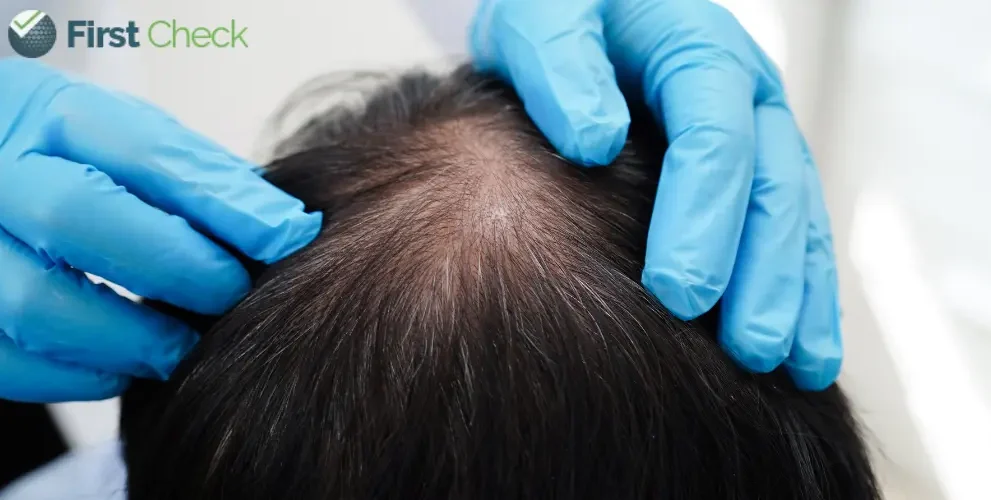Explainer: Ritlecitinib, a remedy for hair loss
Author
Author
- admin / 1 year

- 0
- 2 min read

Author
The first drug to be approved by the U.S. FDA for the treatment of alopecia areata, Ritlecitinib is an immune suppressant that encourages hair growth.
There are many reasons for hair loss or alopecia. The cause determines whether one’s hair falls out gradually or abruptly, or just visibly thins out in certain areas. For example, while androgenetic alopecia is a genetic disorder that causes progressive hair loss from the scalp, alopecia areata is an auto-immune condition — immune attack by one’s own body on the hair follicles. The hair loss is not restricted to the scalp.
Last year, Ritlecitinib, a drug sold under the brand name Litfulo, became the first drug to be approved by the U.S. FDA for the treatment of alopecia areata. According to a 2023 Lancet publication, Ritlecitinib 30 mg and 50 mg resulted in significant hair growth during the clinical trial in patients, aged 12 years or more, afflicted by severe alopecia areata.
Here’s how the drug works: Ritlecitinib is a chemical molecule that disrupts the maturing of cells that form part of one’s natural immune defense, such as the T-Cells, a type of white blood cell. In biochemical parlance, this is referred to as Janus Kinase (JAK) inhibition. Hence, Ritlecitinib is called a JAK inhibitor.
As an immune suppressant, the drug stifles the body’s immune response at the site of the hair follicle, which had been causing hair fall or preventing hair from growing. This temporary downregulation of the body’s immune response at the site of the hair follicle encourages hair growth.
During the clinical trials, the most common side effects reported were headaches, diarrhoea, acne, rashes, inflamed hair pores, and dizziness, to name a few. The drug is not recommended for pregnant or breastfeeding women, or individuals with severe liver or kidney disease.
Ritlecitinib is currently available by prescription only in many parts of the world. It’s important to discuss your personal and family health history as well as medication risks with your doctor before making any decisions about treatment for hair loss.
Read More : Fact-check: Rosemary oil + coconut oil benefits for hair









